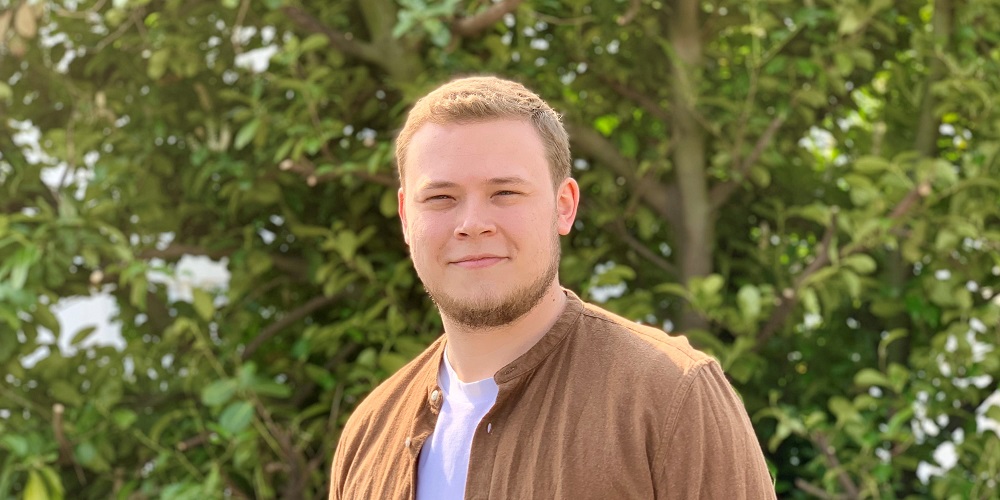
15 July was declared World Youth Skills Day in a resolution adopted by the United Nations General Assembly in 2014. Its goal is to “achieve better socio-economic conditions for today’s youth as a means of addressing the challenges of unemployment and underemployment”. This year’s, as last year’s, occurs in the most peculiar of contexts. Indeed, I’m sure you’ve heard we’re in the midst of a global pandemic by now. In fact, the theme chosen by the United Nations this year is “Reimagining Youth Skills Post Pandemic”.
Now, I’m not going to go over the numbers on school closures or how many students they affected, nor am I going to mention the obvious challenges of distance learning, and I am definitely not going to bring up the terrible statistics of youth unemployment in the world. You can see what the UN has to say about that here. But rather than complain about the current situation and its long-lasting implications, I’d rather focus on what the UN calls a “tribute to the resilience and creativity of youth through the crisis”. Let’s, for a short while, put a pin on the COVID-19 topic. Let’s talk about how resilient and creative we are, perhaps more than even I know.
The very first thing I’d say – and keep in mind this is through my Western European lens – is that we are acutely aware of the problems we face in the coming years. Greta Thunberg is but one, albeit important, voice communicating what we know is coming. Indeed, it’s not so much about what could happen if we don’t change anything, but rather about what is going to very probably happen. We know we face the consequences of the excess and general inaction of prior generations. The question is to what extent. You name it, we’re expecting it! Though some of us sway to more extreme schools of thought, all topics related to climate change, sustainability, low carbon energy, deforestation, biodiversity, plastic pollution, air pollution, food security, water security, overfishing, and migration, are at the top of our minds. Not to mention gender equality, global health, Big Data, the digital divide or ageing populations. The good news is we’ve never been more educated than now.
Indeed, to take the lyric from Paul McCartney’s Live and Let Die, in this “ever-changing world in which we live in” it seems to me that we require – though this can be true for all eras and builds upon the topic of “resilience” – a never-ending supply of adaptability. It seems today’s youth is the most adaptable generation ever to walk the Earth, precisely because we have grown up in an unpredictable world, whether it be recent elections or referendums, economic recessions, or seeing our parents struggle through crises, I’d say we have already mastered the delicate balance between “going with the flow” and driving change. Just to give you a quick and very small-scale example, I know that the transition from campus to “cyber-campus” took us no more than a week, if that. What was truly challenging was making sure the professors kept up with us, and this was absolutely not exclusive to “senior” professors. The same goes for my personal experience as an intern at the International Science Council, I believe I was quick to adapt to the systems used here and was totally comfortable in doing so.
It very much feels like we were born in a transition period, into a world “in flux”, for I’m part of a generation that needs to constantly remind itself that the last 75 years are the exception to the rule. Most of us have never known anything else but the relative peace and exponential technological innovation of the 21st century. I remember holiday car rides where you had nothing to do but talk and play travel Monopoly in the back with your siblings. I remember stopping at toll booths and seeing my parents actually counting pennies and handing money over to a human being. I remember the Saturday mornings where you got up early to watch the very best quality cartoons before mum and dad got up. Yet, this is a bygone age already. I grew up with the feeling of the world increasingly being at my fingertips, and yet being so quick, complex and disorganized that it seemed impossible to fully grasp. I’d say, and this is probably very old-school, that we are aware of too much, and this leads us to adopt rather a “blasé” attitude to all issues that we may encounter. It’s in fact what I believe to be the typical nonchalance of Generation Z.
I used to, and to be fair still sometimes do, lament about the importance that some of us give to social media and “appearance”, but I’ve come to realize that this world of communication has some hidden riches. I know of many friends and family who’ve come to be in touch with people they never otherwise would have met, being in contact with different cultures and seeing the world without borders. My little sister even has a couple of what you would archaically call “pen pals” around the globe. I’ve also been a first-hand witness to the unbelievably humorous creativity on platforms such as Vine and TikTok, reflective of a generation fully comprehending and embracing the inherent randomness of the internet and ironically demonstrating the decadent nature of our time.
So, you ask what skills we will require post pandemic? I’d say we’re mostly already there, or at least we will have all the tools to face a post pandemic world. Our attitudes, habits and behaviors are reflective of our willingness to “go with the flow” but yet still be drivers of change in our modern world.